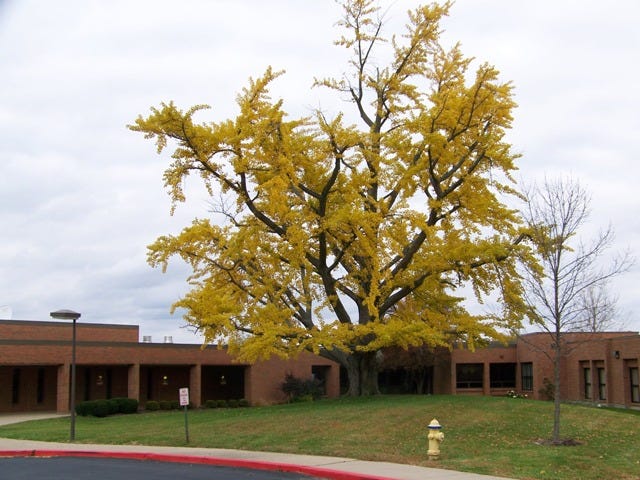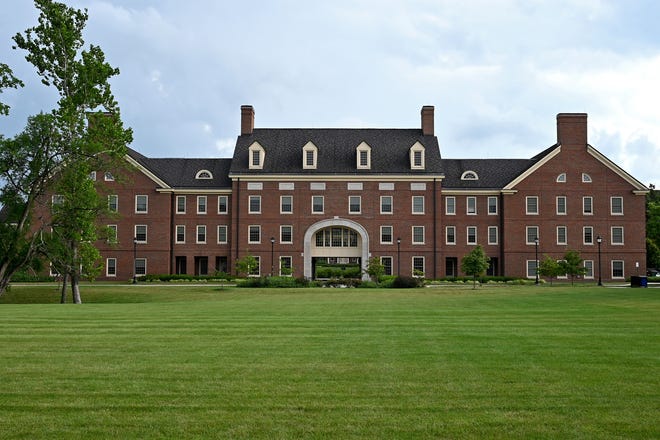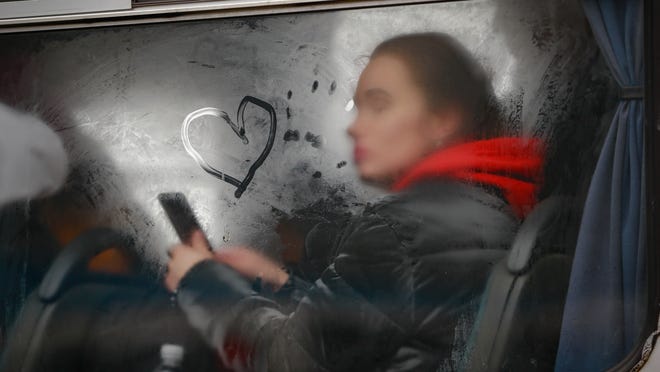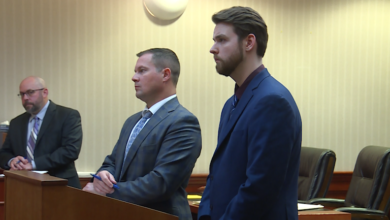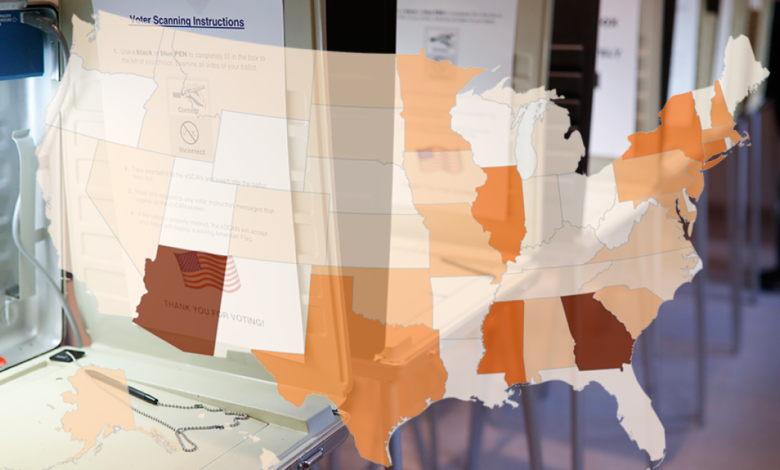
Even amid the COVID-19 pandemic, the 2020 election marked the highest voter turnout in U.S. history. More than 158 million ballots were cast, representing an estimated 66% of eligible voters, according to Pew Research Center.
And even with the logistical challenges presented by expanding mail-in voting, the Department of Justice in December said it found no evidence of widespread fraud, and then-President Donald Trump’s cybersecurity director called the 2020 election the “most secure in American history.”
While expanded voting access did not compromise the security of the 2020 election, Republican-run statehouses are creating more impediments for voters in upcoming elections, possibly reacting to unfounded claims of fraud.
According to the Brennan Center for Justice — a nonpartisan law and policy institute — state lawmakers have introduced 253 bills that would restrict voting access in 43 states, as of last month.
The bills, backed largely by Republicans, would take actions ranging from purging names from voter registration rolls to restricting absentee balloting — generally making it more difficult for Americans to cast a ballot.
Of those 253 bills, 50 of them (about 20%) come from Arizona, Georgia, Michigan and Pennsylvania — all of which went for Biden in 2020 after going for Trump In 2016.
But as the New York Times reports, Republicans’ push to institute stricter voting laws goes across the board and is likely fueled by Trump’s refusal to concede the election. Even in states like Iowa, where expanded access ran smoothly and still resulted in Republican wins, the GOP is curtailing voting rights.
Last month, Republicans voted along party lines to tighten absentee voting and impose other restrictions. In passing the vote State Sen. Jim Carlin, a Republican echoed lies from President Donald Trump about a “stolen” election.
“Most of us in my caucus and the Republican caucus believe the election was stolen,” Carlin said, according to the New York Times.
Trump, still widely popular among Republicans, began a campaign against expanded voting access in the months leading up to the 2020 election. Despite evidence that points to mail-in voting being a secure and bipartisan option to expand access, Trump claimed — often without evidence — that absentee ballots would lead to fraud.
After his loss to Biden, Trump continued to spread misinformation. He filed dozens of lawsuits challenging the results of the 2020 election, nearly all of which were thrown out of court. None had a significant impact on any state’s elections results.
Trump’s claims came to a head on Jan. 6, when thousands of his supporters rioted at the U.S. Capitol in an effort to halt the certification of Biden’s electoral college win. They were gathered in D.C. for a "stop the steal" rally, named after a rallying cry of Trump's supporters.
Five people died as a direct result of the riots, including a Capitol police officer.
While Trump was acquitted of inciting a riot, some prominent Republicans — including Senate Minority Leader Mitch McConnell — continued to blame Trump for sparking the riot, citing his numerous false claims about the election.
Trump’s rhetoric continues to have an impact on Republicans’ faith in elections. In January, 72% of Republican respondents to a Vox poll said they question the results of the election.
Democratic lawmakers in the House have already passed a sweeping voting rights bill that would counteract the GOP efforts at state levels. However, the bill will likely face a tough road to passage in the Senate, where it would need the support of at least 10 Republicans to pass.

